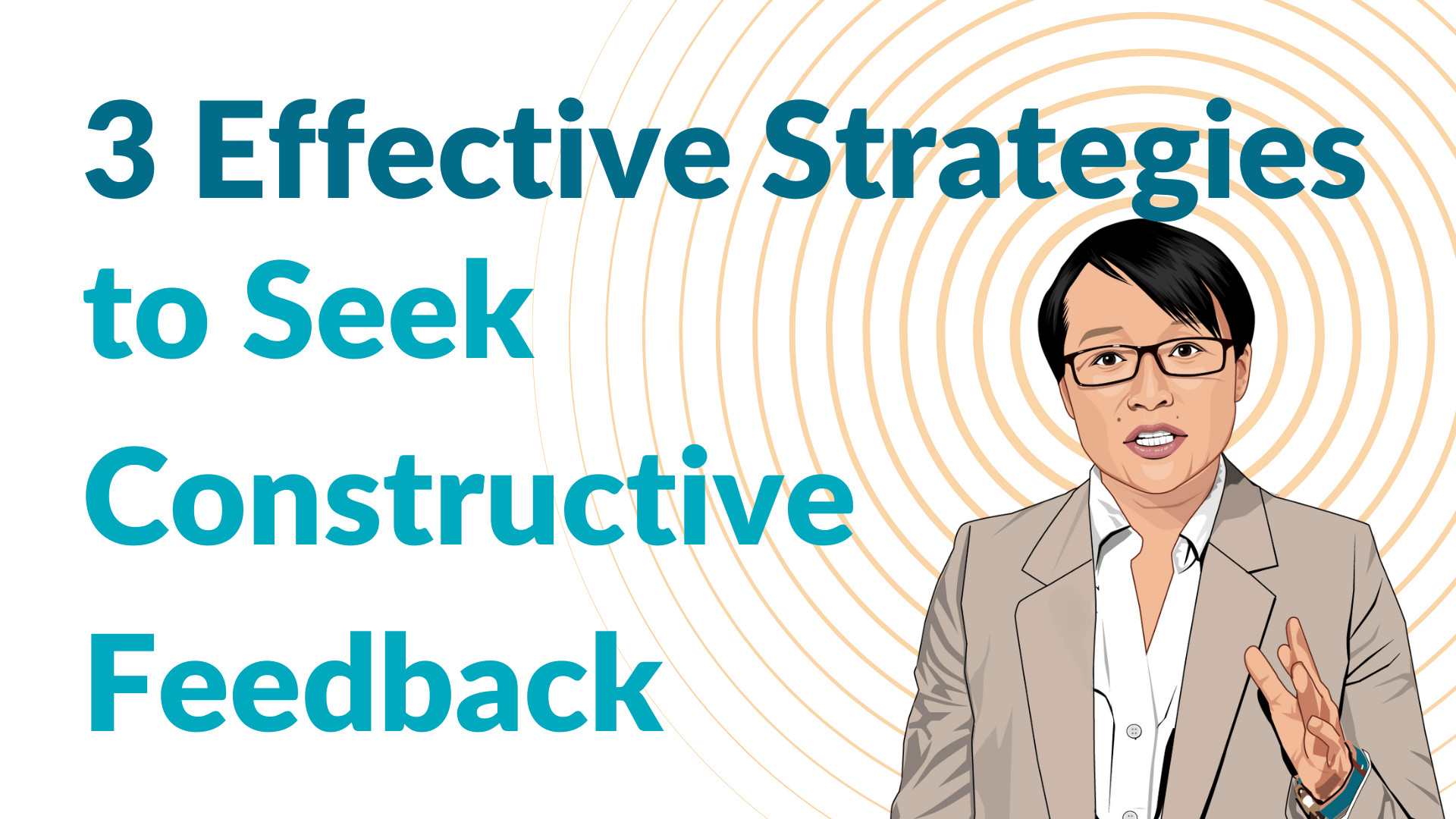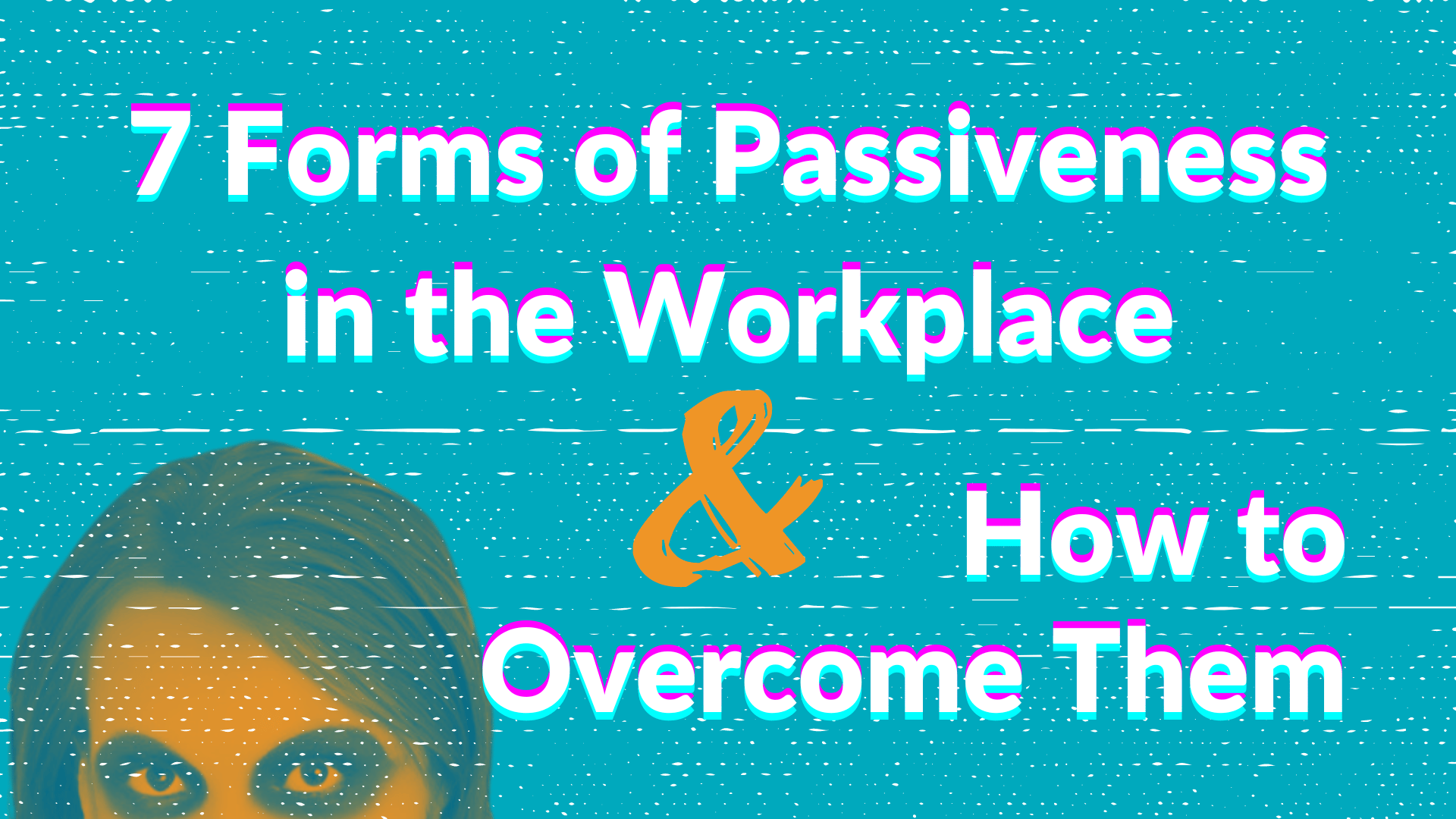In the modern business landscape, the decision between in-person or online staff retreats and workshops is more relevant than ever. Whether you’re a small business owner, a corporate leader, or a team manager, understanding the advantages and disadvantages of different facilitation methods is essential. Let’s explore the pros and cons of online, in-person, and hybrid retreats and workshops.
Questions for Consideration
Before diving into the specifics, ask yourself these crucial questions to better understand your needs:
1️. What is the main purpose of the retreat or workshop? Is it to connect on a personal level, create a detailed work plan, or brainstorm innovative ideas?
2️. What unique activities or exercises can you conduct in-person that might be challenging or impossible online? Conversely, are there virtual tools or methods that can’t be replicated in a physical setting?
3️. What does your budget allow for? Consider costs related to travel, venue, technology, and facilitation.
4. How do you envision attendance and participation? Would an in-person event lead to higher engagement, or would an online format allow for broader participation?
With these questions in mind, let’s explore the pros and cons of online, in-person, and hybrid retreats and workshops.
Online Retreats and Workshops: The Future of Collaboration
Pros:
- Cost-Effective: Save on travel and venue expenses.
- Global Reach: Include team members from all over the world.
- High Capacity: More attendees without space constraints.
- Record & Replay: Record sessions for future reference.
- Efficiency: Less transition time between activities.
- Engagement Tools: Utilize chat, polling, games, and more.
- Inclusivity: Ideal for those who prefer not to speak aloud.
- Accessibility: Enhanced tools for viewing slides and presentations.
- Quick Grouping: Faster to assign participants to breakout sessions.
Cons:
- Limited Physical Interaction: Some exercises may not be feasible.
- Distractions: Easier for attendees to multitask.
- Tech Challenges: Varying proficiency and potential tech issues.
- Engagement Design: Requires careful planning for virtual participation.
- Audience Dynamics: Larger groups may limit individual interaction.
- Expertise Needed: A facilitator skilled in virtual environments is essential.
In-Person Retreats and Workshops: The Human Touch
Pros:
- Physical Activities: Enables hands-on exercises and activities.
- Human Connection: Opportunities for small talk and bonding.
- Mood Gauge: Easier to sense the audience’s feelings.
- Adaptability: Quick adjustments to the flow and structure.
- Tangible Tools: Whiteboarding and sticky exercises are more straightforward.
Cons:
- Space Limitations: Venue size dictates participant count.
- Higher Costs: Venue, travel, and accommodation expenses.
- Travel Constraints: Potential challenges for distant team members.
- Environmental Concerns: Travel may not be eco-friendly.
- Health Risks: Potential exposure to illnesses.
Hybrid Retreats and Workshops: A Balanced Approach
Pros:
- Inclusivity: Combines online and offline participation.
- Accessibility: Meets diverse needs of participants.
Cons:
- Isolation Risk: Remote participants may feel left out.
- Additional Costs: Requires extra tech or facilitation.
- Varied Experience: Can lead to inconsistent participant experiences.
Conclusion
Choosing the right format for your staff retreats and workshops requires a thoughtful analysis of your team’s needs, budget, and goals. By weighing the pros and cons of each method, you can make the right decision that fosters collaboration, creativity, and connection within your organization.








Leave a Reply